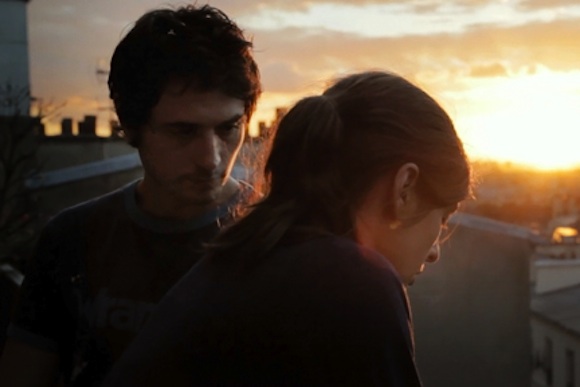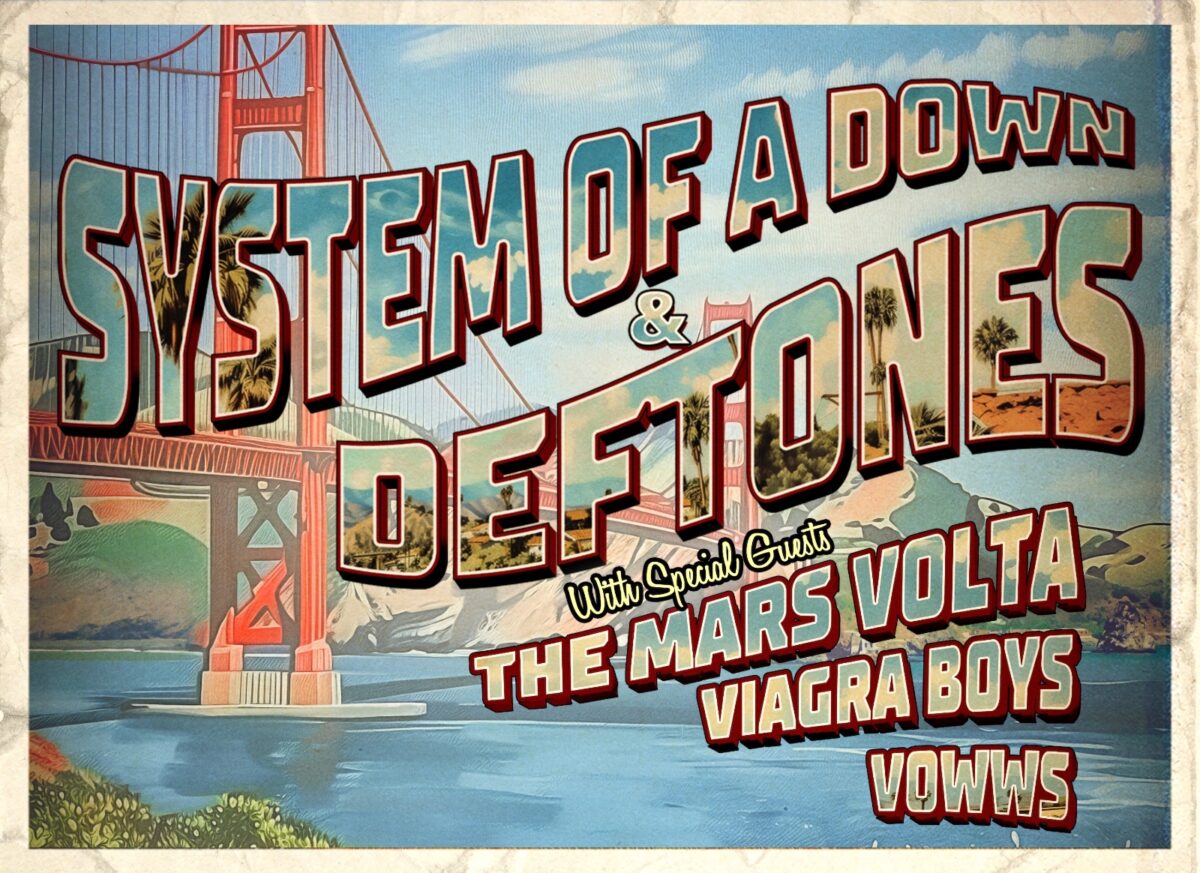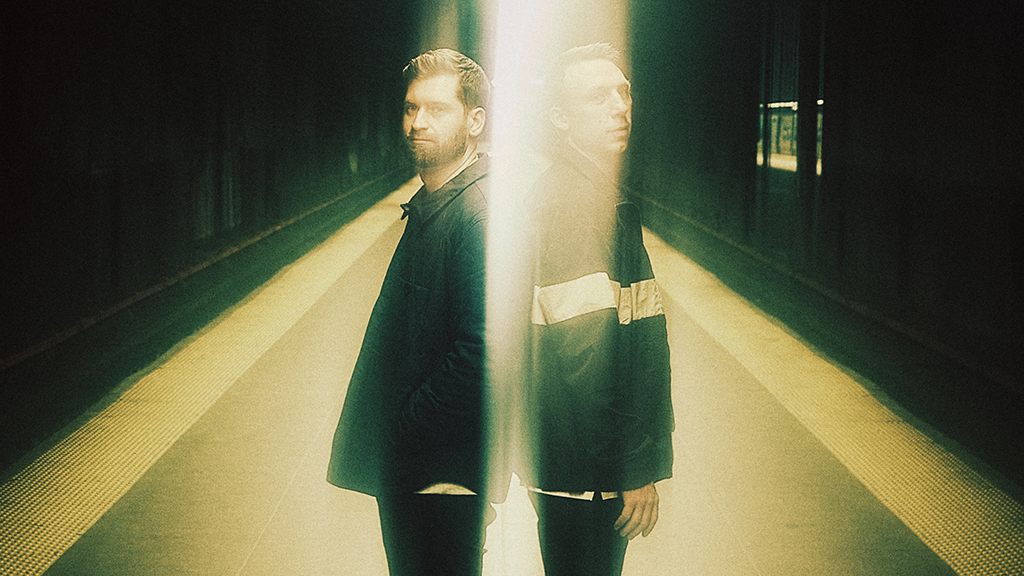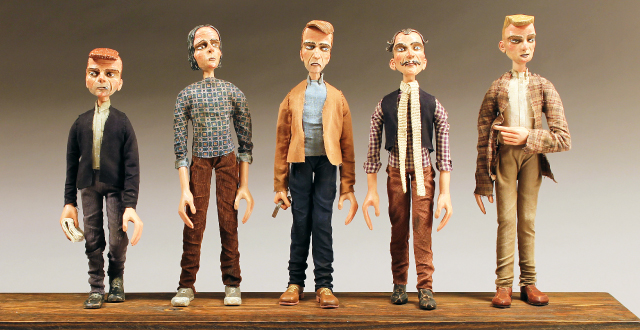Movie Review: Declaration of War
A surprisingly upbeat film about a downer subject.
Grief dramas inherently take moviegoers to the most heart-wrenching of experiences, the permanent loss or the potential loss of a loved one, be it a lover, a family member, or even a close friend. It’s rare, if not unique, then for a grief drama to bring levity and humor to such a grim subject, but that’s exactly what filmmaker Valérie Donzelli’s does in her idiosyncratic, unconventional, semi-autobiographical film, Declaration of War (La Guerre est declare).
Working from a script she co-wrote with her former partner and co-star, Jérémie Elkaïm, Donzelli succeeds where so many other grief dramas fail. She captures genuine emotion without over-sentimentalizing its subjects and the complexities and vagaries of adult relationships, portraying the sacrifices, personal and professional that surviving cancer often demands.
Declaration of War opens in the near-present before flashing back almost a decade earlier where Roméo Benaïm (Jérémie Elkaïm) and Juliette (Valérie Donzelli), twenty-something Paris dwellers, “meet cute” at a nightclub. All it takes is an intense glance to seal their romantic fate. They exchange a laugh over their respective names and the ill fortune it seemingly portends for their immediate future before embarking on a whirlwind romance via a jaunty, Nouvelle Vague-inspired montage. Less than a year later, Juliette gives birth to a son, Adam (César Desseix). Juliette’s bourgeois parents, Geneviève (Michèle Moretti) and Philippe (Philippe Laudenbach), and Roméo’s bohemian mother, Claudia (Brigitte Sy), and her partner, Alex (Elina Löwensohn), are ecstatic at the news. Devoted, if often frustrated, parents, Roméo and Juliette fret constantly about their son’s chronic ill health and moodiness. Their concern proves prescient.
Perplexed by Adam’s slow development and a slight, if persistent, head tilt (later described as “facial asymmetry”), a visit to Adam’s pediatrician sends them to a Marseilles-based neurologist, Doctor Fitoussi (Anne Le Ny). Fitoussi confirms the worst: Adam’s suffering from a brain tumor. The tumor is operable, but serious health risks are involved. They return to Paris to seek out the best neurosurgeon. Fueled by the “declaration of war” against their son’s disease, Roméo and Juliette navigate the French healthcare system’s bureaucratic hurdles through willpower, obstinacy, and determination. Declaration of War isn’t, however, a cautionary tale about the French healthcare system’s problems or failings. Once Roméo and Juliette slip past those obstacles, Adam receives the treatment (e.g., surgery, chemotherapy, radiation therapy) necessary to overcome what turns out to be both a malignant and aggressive form of cancer.
Donzelli and Elkaïm avoid turning Declaration of War into another entry in the generically uplifting, TV-Movie-of-the-week category. The energy and focus Roméo and Juliette put into saving Adam takes a toll on their professional and personal lives. Donzelli shows Roméo and Juliette constantly chain smoking outside the hospital grounds or racing off for a night of much-needed self-indulgence (e.g., drinking, dancing, and more smoking). At times, Roméo’s fears and anxieties get the better of him. Roméo attempts to dictate Juliette’s actions and thoughts (often succeeding), controlling Juliette because he can’t control anything else. Depicting those fissures in their relationship adds an element of realism that runs counter to Donzelli’s penchant for music video- or Jacques Demy-inspired interludes, including one heartfelt scene where Roméo and Juliette break into a duet as Roméo takes the train to Marseilles to be reunited with his wife and son.
Showtimes and Tickets









